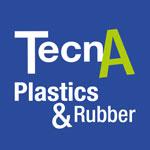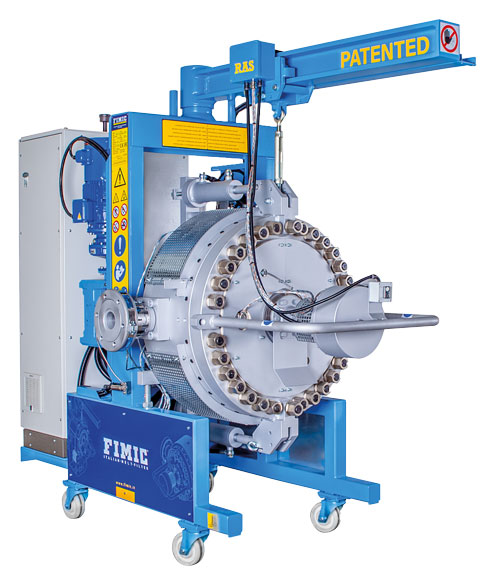 By promoting responsible plastic use, developing sustainable alternatives, and investing in better waste management systems, we can work towards a cleaner and healthier planet for all
By promoting responsible plastic use, developing sustainable alternatives, and investing in better waste management systems, we can work towards a cleaner and healthier planet for all
Plastic is everywhere we look, from packaging to clothing to medical equipment. Its versatility and durability have revolutionized our lives, but its growing presence also raises concerns about environmental pollution.
The main arguments against plastics are based on the detrimental effects it has on the environment, human health, and wildlife. These arguments highlight the urgency of addressing plastic pollution. By promoting responsible plastic use, developing sustainable alternatives, and investing in better waste management systems, we can work towards a cleaner and healthier planet for all.
Recycling is often presented as the answer, but its effectiveness hinges on one crucial factor: awareness. The importance of it lies in the power to increase participation of the community, when people understand the benefits and process of recycling, they’re more likely to participate actively. Clearer sorting at home reduces contamination, a major issue that can ruin entire batches of recyclables. Through accurate information it is also possible to reduce contamination from non-recyclable materials like food scraps or hazardous waste that can significantly impact recycling efforts. Education campaigns can help people identify what goes where, ensuring cleaner recycling streams and higher-quality recycled materials.
Consumers with a deeper understanding of plastics and recycling can make informed choices. They can look for products made with recycled content, putting pressure on manufacturers to use sustainable materials. Shifting behavior is a critical point, awareness campaigns can promote a cultural shift towards responsible consumption and waste reduction. People might be more inclined to use reusable alternatives and avoid single-use plastics altogether, reducing the burden on recycling systems in the long run.
We know that plastics recycling awareness empowers individuals to become active participants in the solution. And some ways to raise awareness are create educational campaigns with clear and accessible information campaigns can be disseminated through schools, community events, and social media. Standardized labelling with universal labeling systems on plastic products can simplify sorting and reduce confusion for consumers. Of course, manufacturers can play a more significant role in educating consumers through packaging labels and by promoting responsible disposal practices.
Awareness starts at home, this is why FIMIC’s CEO, Erica Canaia, has been sharing knowledge with the people on LinkedIn to raise awareness about plastic recycling and to demonstrate what is fake and what is true about what is been told in social media. Educate and tell the truth about plastic, it’s not an evil destructive material as it has been demonized, that’s the main goal that led Erica to win the award Plastic Recycling Ambassador during the last edition of The Plastics Recycling Show Europe in Amsterdam.
Plastics recycling is a complex issue, but it’s a crucial component of a sustainable future for plastics. By fostering public awareness, we can unlock the full potential of recycling and empower individuals to make a collective difference. Together, informed consumers, responsible manufacturers, and effective recycling systems can create a more circular economy for plastics, minimizing waste and environmental impact.







